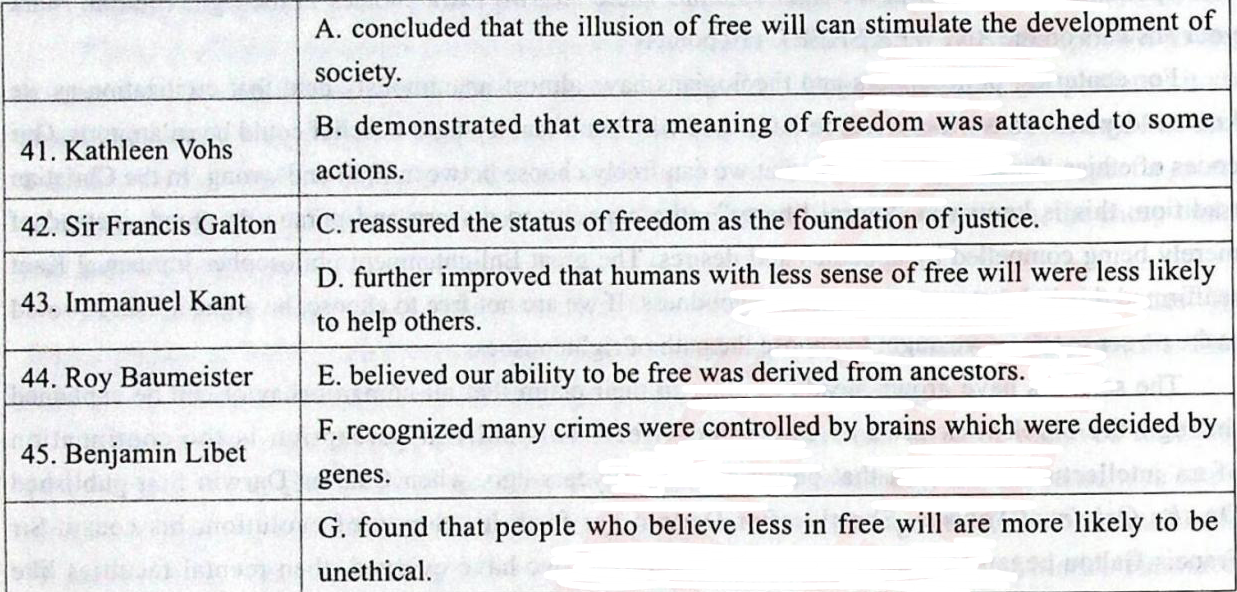In Japan,it was said that sacrificing a woman at a rushing river would placate the spirit who lived there,allowing for the construction of bridges and the safe passage of boats.In Greek myth,the warrior king Agamemnon decides to kill his own daughter in exchange for a favorable wind on the way to Troy.The great civilizations of Mesoamerica killed people,smashed food and sank treasure to pay their debts to their gods.That finding might seem intuitive-societies in which some members are habitually killed probably value certain lives over others-but it has broader implications,Max Tegmark,Professor in MIT said in thejoumal Nature.It suggests a"darker link between religion and the evolution of modern hierarchical societies:"he writes,in which"ritual killings helped humans transition from the small egalitarian groups of our ancestors and the large,stratified societies we live in today."The motivation and method of the killings differed across cultures,Sean Robinson in University of California explains in a piece for the Conversation:Sacrifices could be demanded for the death of a chief,the construction of a home,the start of a war,the outbreak of disease or the violation of a social taboo.The victims might be strangled,drowned,bludgeoned,bumed,buried,crushed with a newly-built canoe or rolled off a roof and then decapitated.But the link between the sacrifices and social hierarchies seemed to transcend those differences.The victims were almost always of low social status,and the more stratified the culture was,the more prevalent ritual killings were likely to be.Speaking to Smithsonian Magazine,lead researcher Joseph Watts noted that ritual killings often occurred in elaborate ceremonies that exploited gore as effectively as an HBO show:"It"s not just a matter of killing efficiently.There"s more to it than that,"he said."The terror and spectacle[of the act]was maximized."The fear that sacrifices inspired allowed the practice to function"as a stepping-stone to help build and maintain power in early hierarchical societies:"Watts,a psychologist at the University ofAuckland,wrote on his website.Once their authority was absolute,elites could use more traditional methods-policing,taxation,war-to keep the class system in place."I think it"s absolutely an important project,"University of British Columbia psychologist Joseph Henrich told the New Scientist."Sacrifice does seem to have been performed in societies all around the world."But he urged some skepticism about the study"s broad conclusions.Though human sacrifice may have been correlated with stratification in the Austronesian societies,Henrich was dubious of the phylogenetic analysis the researchers used to prove that the relationship was causal.That tool assumes that social strata and religious rituals are passed down and evolve through generations in the same manner as languages."The study of religion has been plagued in many ways by an abundance of ideas and a shortage of strong quantitative tests of these ideas:"Richard Sosis,a human behavior ecologist at the University of Connecticut,Storrs,told Science."These methods have power,and they are certainly an advance in the way we can evaluate ideas.Are they the last piece to the puzzle?No."But,he added,"at least the conversation can begin here and begin in a systematic way that hasn"t happened before."

Kathleen Vohs?
Afocused on the study of sacrifice in pre-modern society
Bhighlighted the terror sacrifice imposed on the public.
Copened up new conversation of studying of religion and sacrifice
Ddoubted the relations between sacrifice and social hierarchy.
Eheld that sacrifice was a ritual to build up hierarchy in societies
Fdepicted various ways of sacrifices and explained the reasons
Gemphasized the link between religion and social evolution
 Kathleen Vohs?
Kathleen Vohs?